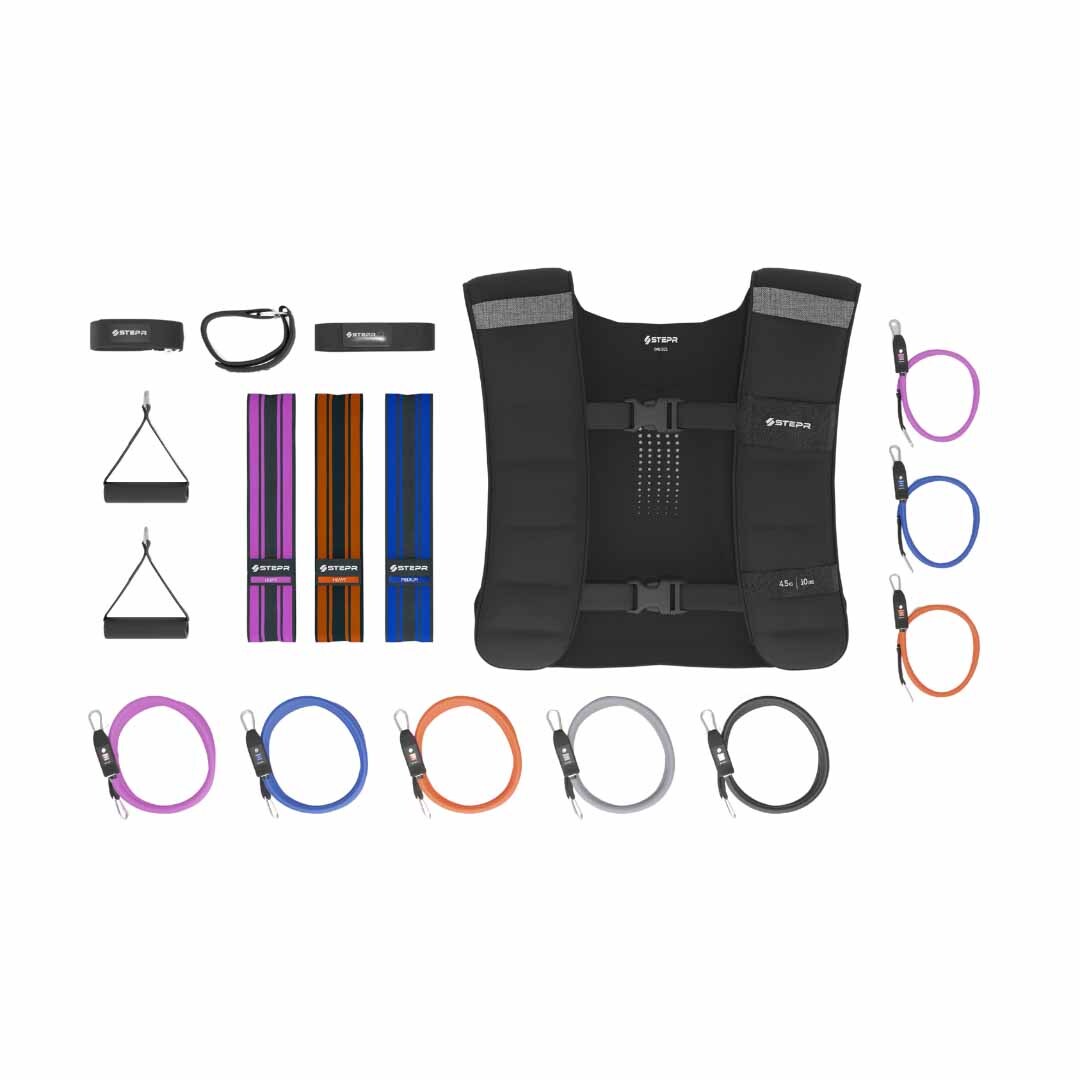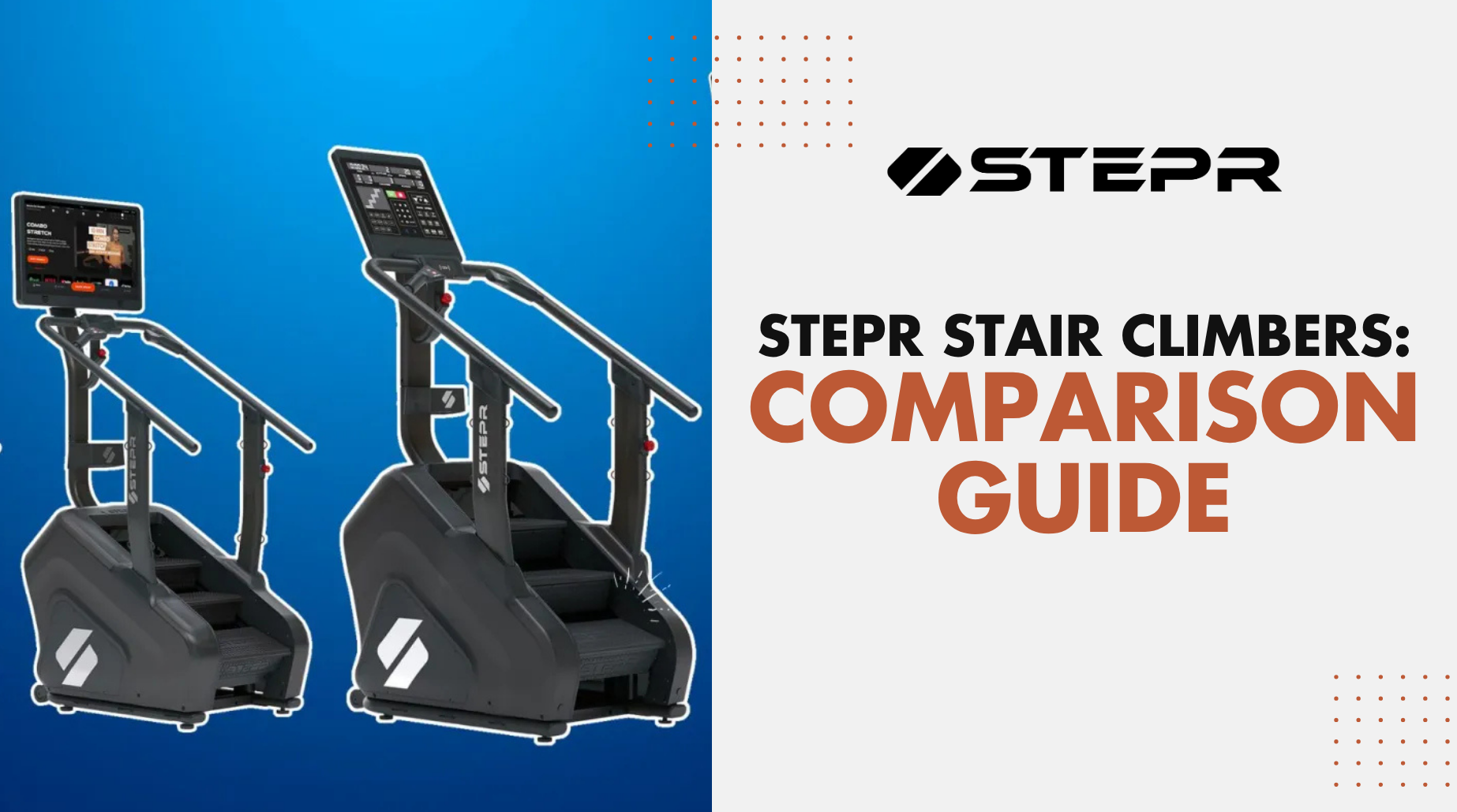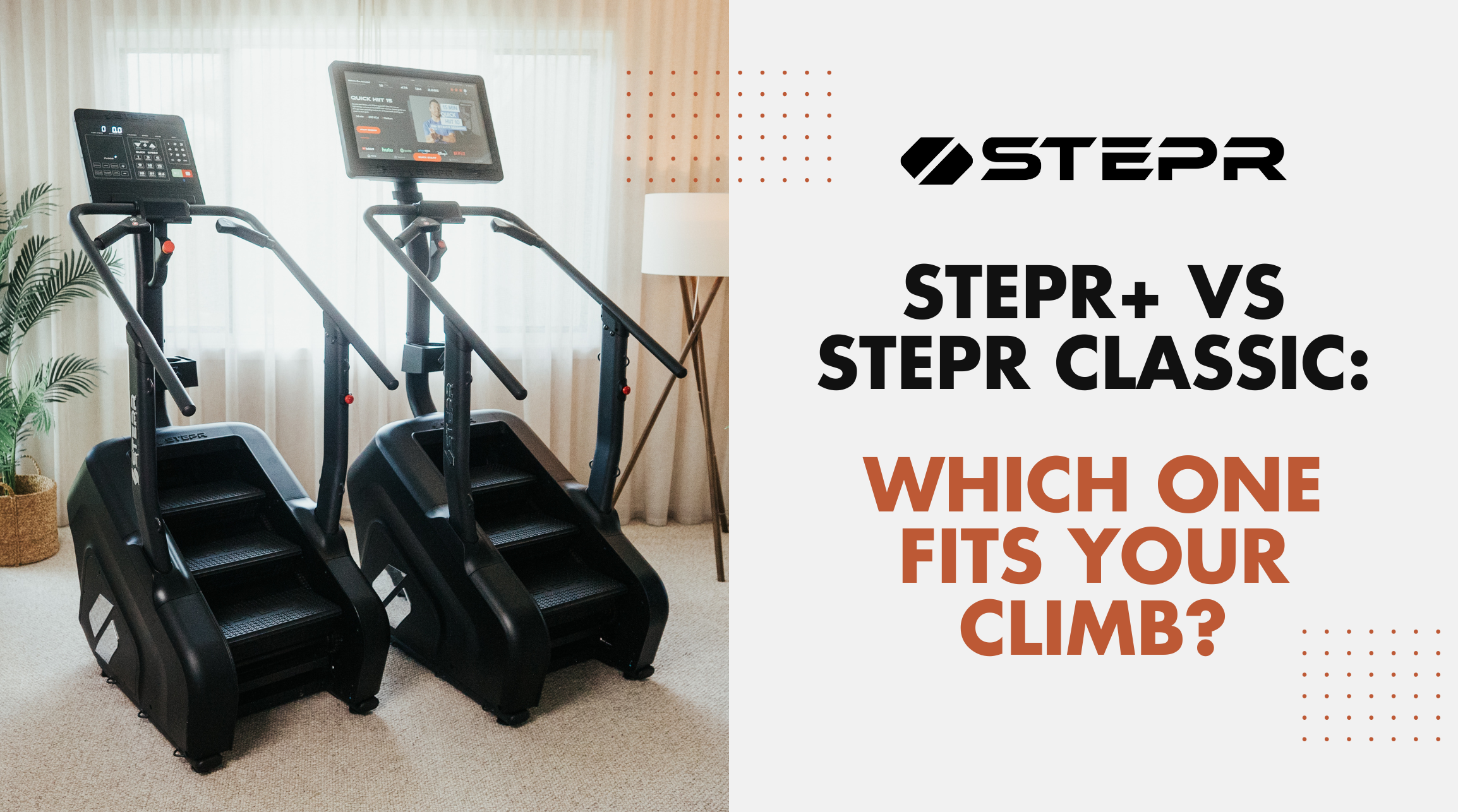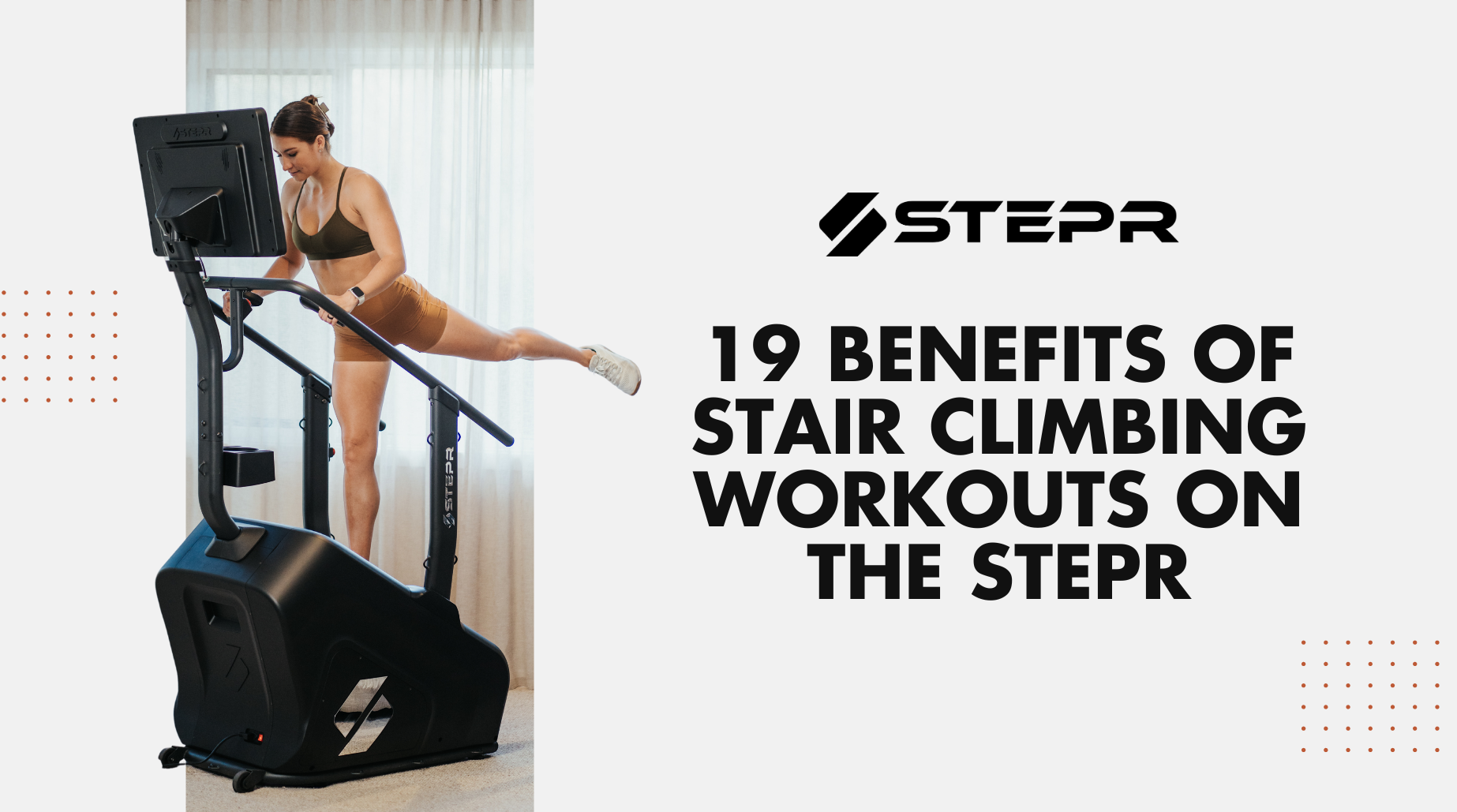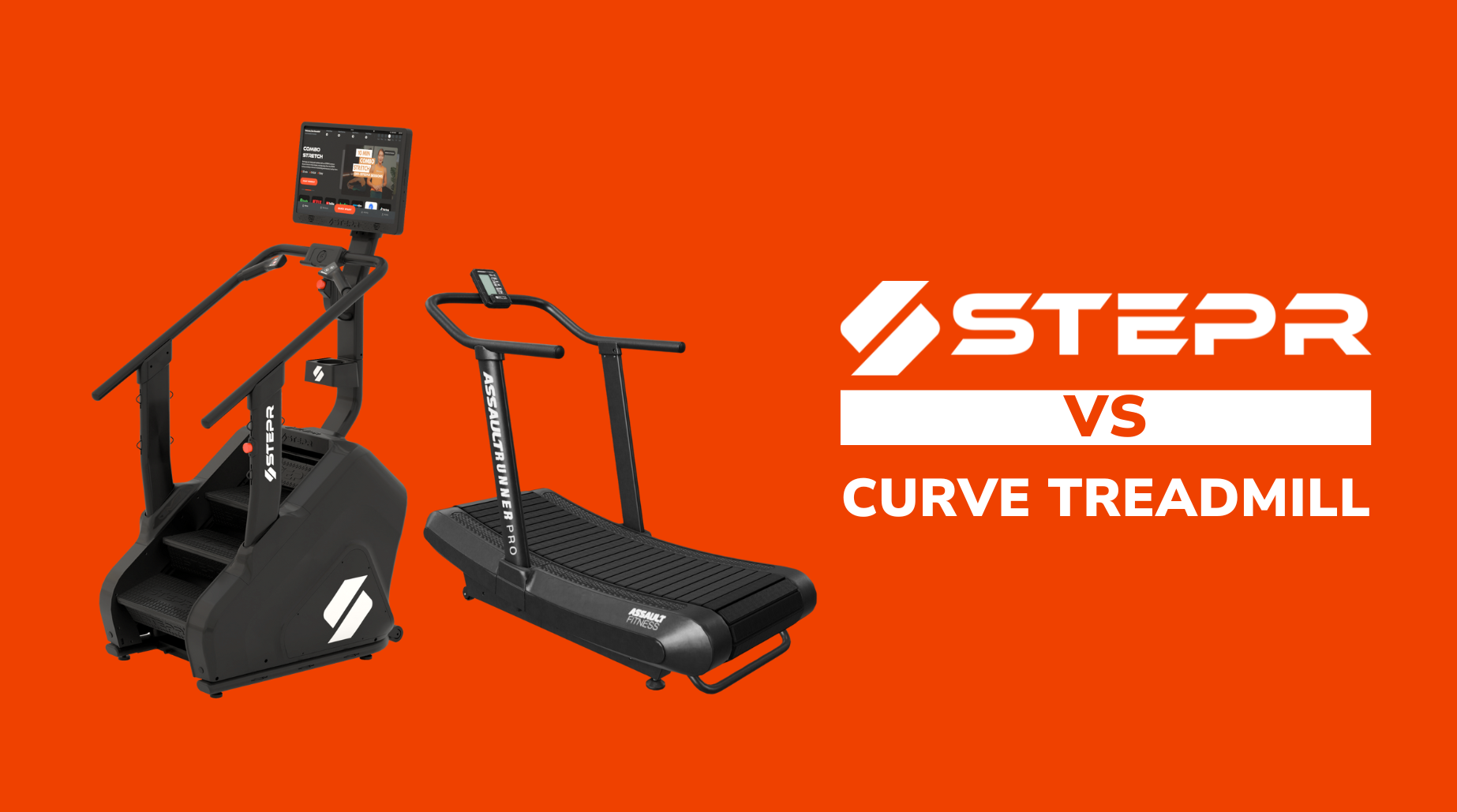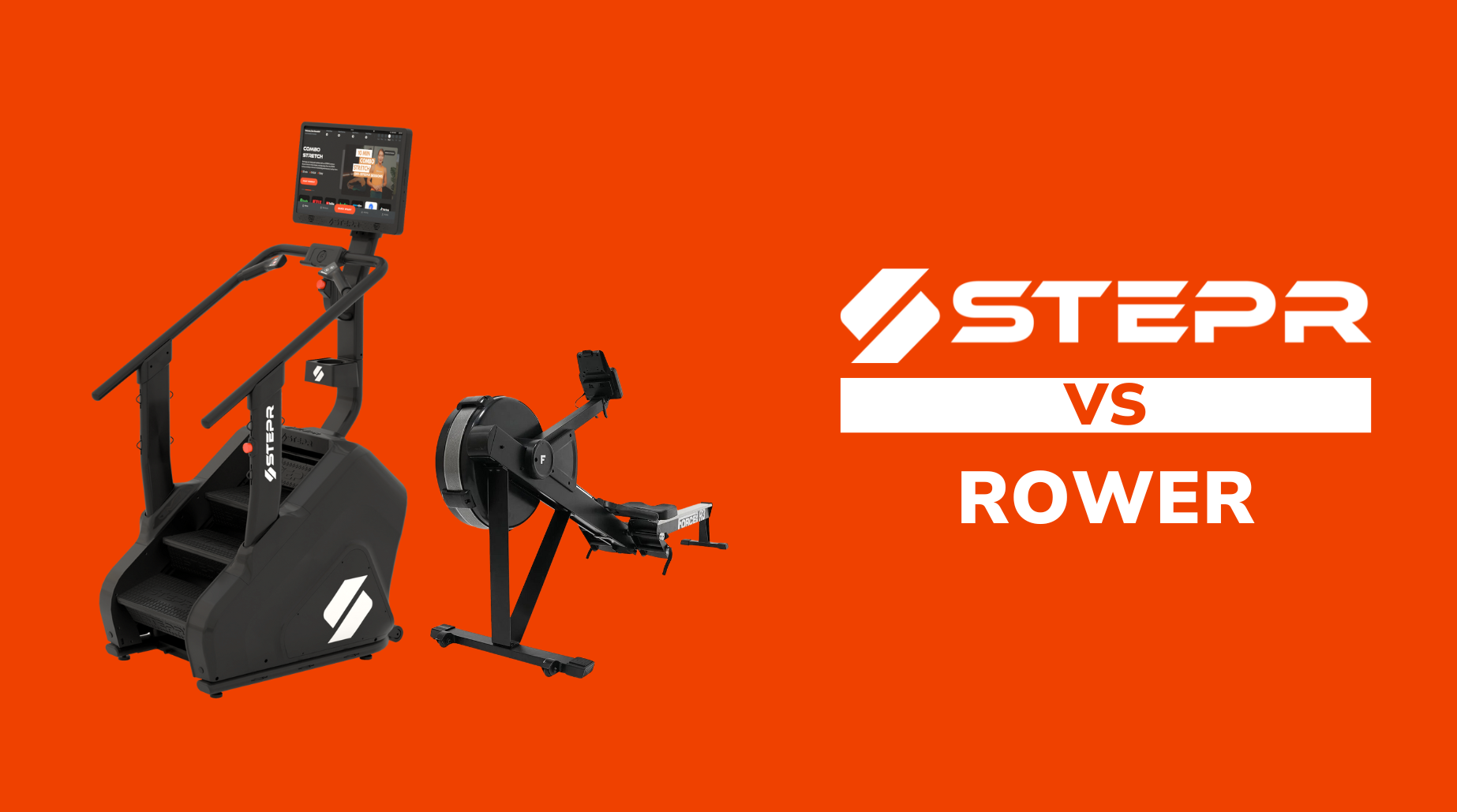
Unlocking the Potential of Creatine and Stair-Climbing Training in Fat Reduction
Before exploring the potential benefits of creatine supplementation, it's crucial to have a clear understanding of what creatine actually is. We've previously covered the basics and intricacies of creatine in a dedicated blog post, which provides a comprehensive overview.
While many fitness enthusiasts have embraced the benefits of resistance training and creatine supplementation, a recent comprehensive study led by Darren G. Candow and colleagues from the University of Regina has shed new light on their combined impact on body composition, specifically in adults under 50 years of age.
Study Insights
The systematic review and meta-analysis, encompassing 12 randomized controlled trials with 266 participants, aimed to explore whether the dual approach of resistance exercise paired with creatine supplementation could effectively reduce fat mass and body fat percentage more than exercise alone.
Key Findings
-
Body Fat Percentage: Participants who combined resistance training with creatine supplementation saw a statistically significant reduction in body fat percentage by 1.19%. This showcases the efficacy of this combination in fine-tuning body composition.
-
Absolute Fat Mass: The study found no significant change in absolute fat mass, indicating that the decrease in body fat percentage might be more related to increases in lean muscle mass rather than a direct reduction of fat tissue.
What This Means for Your Fitness Journey
The findings are particularly relevant for those under 50 looking to enhance their physical health and body composition. Integrating creatine into a fitness regimen that includes regular resistance training may not significantly change your total fat mass but can refine your body’s muscle-to-fat ratio. This subtle yet effective shift can lead to a leaner physique and potentially better overall metabolic health.
Practical Takeaways
- Consistency is Key: The benefits of combining creatine with resistance exercise are more pronounced with consistent training and supplementation.
- Quality Matters: Ensuring the quality of creatine supplementation is crucial, as the purity and formulation of creatine can influence its effectiveness.
- Monitor Progress: Given that changes in fat mass might not be overt, using methods to track changes in body composition beyond just weight is advisable to truly gauge progress.
Enhancing Results with Stair Climbing and Creatine
Combining stair climbing with creatine supplementation could further enhance the fitness results for those under 50. Stair climbing is an effective form of resistance exercise that targets multiple muscle groups, including the glutes, quads, and calves, while also providing cardiovascular benefits.

The Synergistic Effects
-
Increased Muscle Engagement: Stair climbing naturally incorporates the resistance component through body weight exercises, which can be intensified with the addition of creatine. This combination not only helps in building lean muscle mass but also aids in more efficient fat utilization as an energy source.
-
Boosted Metabolic Rate: Regular stair climbing increases your resting metabolic rate due to the muscle-building effects, which means you burn more calories even at rest. When paired with creatine, which supports energy production in muscles, it allows for more intense and longer-duration workouts, maximizing fat loss and muscle growth.
-
Accessibility and Practicality: Stair climbing can be a highly accessible form of exercise that doesn't require gym membership or specialized equipment. This makes it easier to integrate into a daily routine, ensuring consistent exercise that complements the regular use of creatine.
Implementing This Strategy
To incorporate stair climbing and creatine into your fitness routine, consider the following tips:
- Start Gradually: Begin with shorter stair climbing sessions, gradually increasing the duration and intensity as your fitness improves.
- Consistent Creatine Intake: Consistency in creatine supplementation is key to maximizing its benefits, so aim for a regular intake as recommended, typically around 3-5 grams per day.
- Monitor Hydration: Both stair climbing and creatine increase your muscles' demand for water, so staying well-hydrated is crucial to support overall muscle function and recovery.
Conclusion
For individuals under 50, incorporating creatine alongside a structured resistance training program could be a strategic approach to enhancing body composition and overall fitness. While the change in body fat percentage may be modest, the potential for improved muscle quality and metabolic health is significant.













